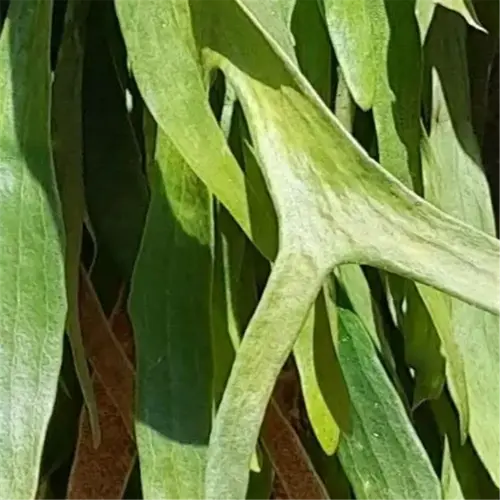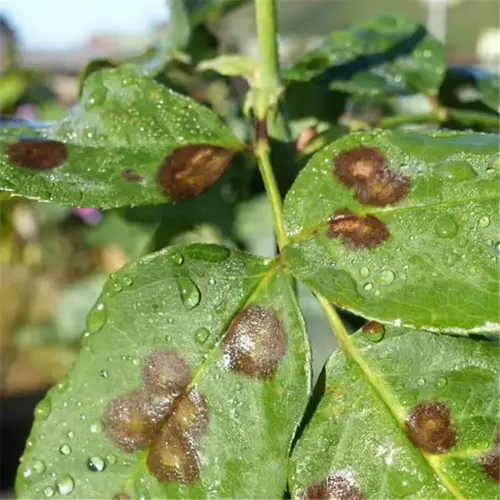Is compost alone sufficient for rose nutrition?

Written by
Liu Xiaohui
Reviewed by
Prof. Charles Hartman, Ph.D.Roses cannot survive on compost alone. Compost is beneficial for soil structure and organic matter content, but is limited in its phosphorus and potassium content. One of my clients in Oregon had finally had enough of her roses as she only had a few small blooms - even though they had survived the winter relatively well, until we added bone meal and then her roses produced 20+ flowers per bush. It is all about balance.
Phosphorus Sources
- Bone meal: 1 cup per bush at planting
- Rock phosphate: Slow-release option for acidic soils
- Fish bone meal: Adds trace minerals
Potassium & pH Adjusters
- Kelp meal: ½ cup every 6 weeks for immunity
- Crushed granite: Releases potassium over 2+ years
- Lime/sulfur: Adjust pH to 6.0-7.0 annually
In a particular California drought, the limitations of compost were revealed. Although compost only rose-colored roses turned yellow within a few weeks. Eventually, when kelp meal was added, their green color returned within two weeks. Potassium provided the plant with the ability to hold water. The gardener now mixes the compost with supplements and has flowers that survive 95°F (35°C) weather.
Spring Tasks
- Mix bone meal into planting holes
- Test pH before new growth starts
- Top-dress with 2cm compost
Fall Adjustments
- Apply kelp meal before dormancy
- Add lime if pH < 6.0
- Mulch with composted bark
You should never avoid annual soil tests. A Minnesota gardener was able to prevent her garden from being ruined when she found early on that her soil pH was 5.2; one sulfur adjustment saved her hybrid teas. If you take compost and add some supplements that will correct low nutrient levels on your soil test, you can bring your rose bushes to a healthy state.Plus, I have over 50 blooms in my garden from bloom to frost, so I know it works!
Read the full article: Best Soil for Roses: Expert Tips for Lush Blooms

